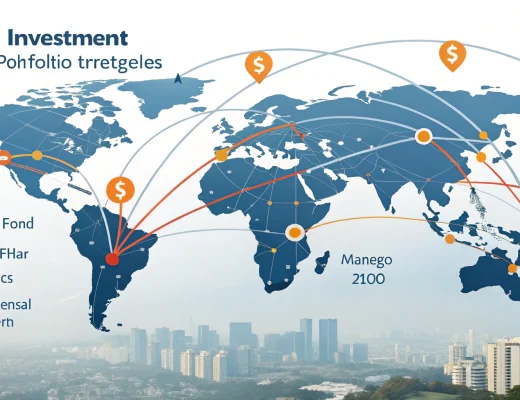Warren Buffett’s investment firm Berkshire Hathaway has poured $305.5 billion into short-dated Treasuries in the first quarter of 2025. This represents a 6.64% increase from the previous quarter. The firm’s holdings in US Treasuries now make up the majority of its cash reserves, followed by equity securities valued at $263.735 billion.
Berkshire’s trove of US debt is large enough to surpass Taiwan’s holdings, making it the 11th-largest foreign holder of Treasury Securities if it were a nation. This move comes after the firm sold $3.23 billion worth of shares in three US banking giants last quarter, fully exiting Citigroup and
selling stakes in Bank of America and Capital One. Fixed-income investors are steering clear of longer-term Treasuries amid volatility in bond yields and prices.
Ultra-short bond ETFs have been among the most popular exchange-traded funds with investors in 2025. ETF flows show that ultrashort opportunities are attracting the most investors, with the iShares 0-3 Month Treasury Bond ETF and SPDR Bloomberg 1-3 T-Bill ETF taking in over $25 billion in assets combined. “There’s lots of concern and volatility, but on the short and middle end, we’re seeing less volatility and stable yields,” said Joanna Gallegos, CEO and founder of bond ETF company BondBloxx.
Berkshire Hathaway has doubled its ownership of T-bills, according to a recent JPMorgan report. The bond market volatility comes nine months after the Fed began cutting rates, amid concerns about potential resurgent inflation.
Berkshire’s Treasury allocation grows
Long-term treasuries and long-term corporate bonds have
posted negative performance since September, which is rare. Todd Sohn, senior ETF and technical strategist at Strategas Securities, advises clients to steer clear of anything with a duration longer than seven years. Gallegos expressed concern that
amid the bond market volatility, investors aren’t paying enough attention to fixed income as part of their portfolio mix.
The market for US bonds with the longest maturities has seen a pronounced slowdown in the last few weeks.
Top fixed income firms, including Pimco and Jeffrey Gundlach’s DoubleLine Capital, have been staging a “buyers’ strike” in favor of shorter-dated bonds. This behavior by Pimco has been credited with sending yields higher this year amid trade war and deficit angst.
Investors have been warned that they shouldn’t count on government debt to be the “shock absorbers” that they’ve relied on to shield them from volatility in the past. The 10-year and 30-year bonds are trading more like risk assets, according to JPMorgan Asset Management’s fixed income head, Bob Michele. The concerns that drove yields up haven’t abated, with America’s fiscal position still an issue and the GOP budget bill potentially adding trillions to national debt.
The US is now without a top-tier credit rating after
Moody’s downgraded its government debt in May. Governments around the world are facing similar pressures as investors protest heavy government spending and a rapid pace of borrowing. The next few months will be crucial in determining whether these shifts will have long-lasting impacts on
global bond markets.







